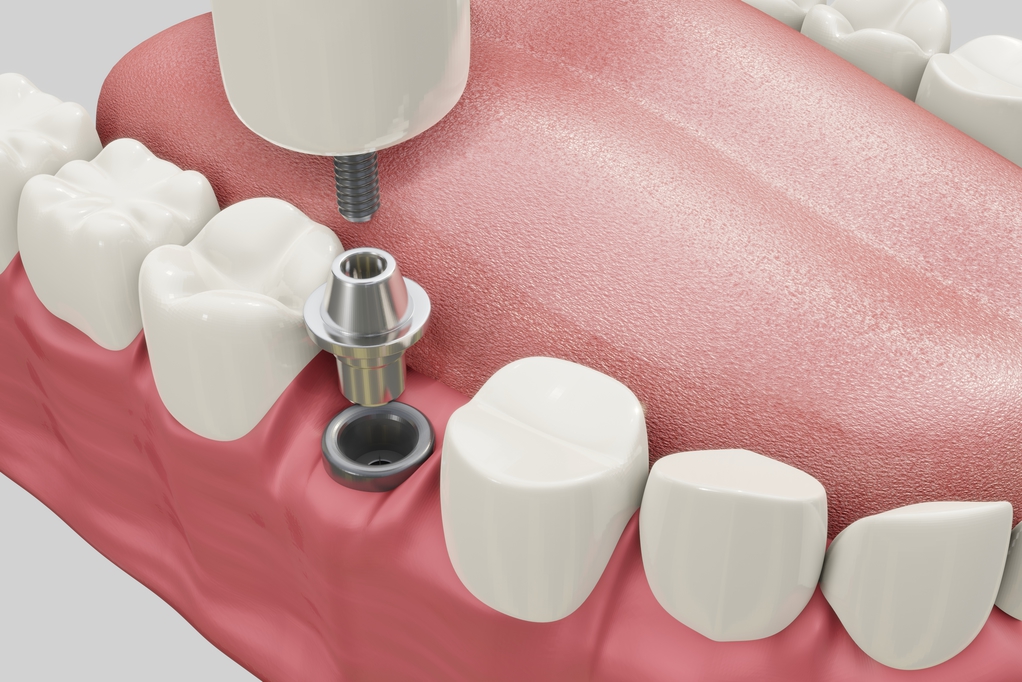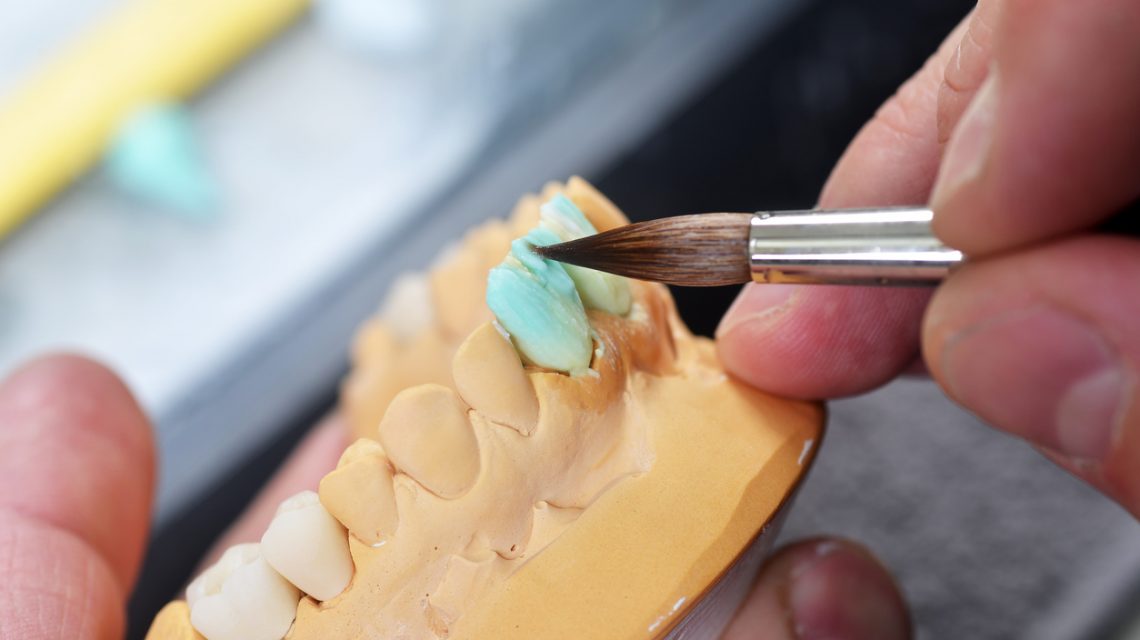Bridges vs. Dental Implants: Which Is Best For Me?
Modern dentistry has advanced to the point where, if you have missing teeth, you have more than one treatment alternative available to you. Two of the most common are bridges and dental implants. If you’re tired of dealing with diminished self-confidence, embarrassment or lack of ease in social situations, and the other issues that often accompany missing teeth, you may well be trying to figure out whether a bridge or dental implant is right for you.
The information in this article may help you decide. Let’s look at bridges and dental implants in turn and enumerate the advantages of each.

The Case for Bridges
Bridges offer three advantages.
The first is that over the short term at least, the bridge will likely cost you less than the average cost of dental implants.
The second is the speed and ease of getting a bridge. Patients receive their bridges in only two or three office visits, and the process of getting a bridge is non-invasive. This in in contrast to the process of getting dental implants, which is likely to require more visits and necessitates oral surgery.
The third is that bridges are often suitable for patients with bone loss, and tooth implants may not be. (It should be noted, though, that bridges can actually cause bone loss, and that dentists may be able to correct this problem to make dental implants a viable option.)
Bridges vs. Dental Implants: The Case for Dental Implants
Dental implants offer several advantages of their own.
Dental implants are more durable. As mentioned above, while the immediate cost of a bridge is likely to be less than the dental implant cost, bridges, like crowns, typically need replacing after ten years or so. In contrast, you can generally expect dental implants to last a lifetime.
That durability means dental implants are unlikely to break. Bridges are somewhat more likely to break, and when they do, they can even damage other teeth, and then you have to deal with the expense of repairing those.
Dental implants don’t rely on support teeth. Bridges do, and the resulting strain and the difficulty of flossing between the bridge and the support teeth may ultimately damage the support teeth even if there isn’t a dramatic event like the bridge breaking.
Bridges can slip, give you some difficulty chewing, and may give you a smile that’s less appealing than you would like. Dental implants won’t do that. They’ll feel and function much more like natural teeth.
Bridges vs. Dental Implants: The Bottom Line
As you can see from the discussion above, there’s a lot to be said for dental implants. Every patient is unique, however, and ultimately, you and your dentist will have to put your heads together to decide which option is better for you. If you’d like to review your options with the experts at Comfort Care Family Dental, or if you’d like help with any aspect of dental care, we invite you to contact us.


